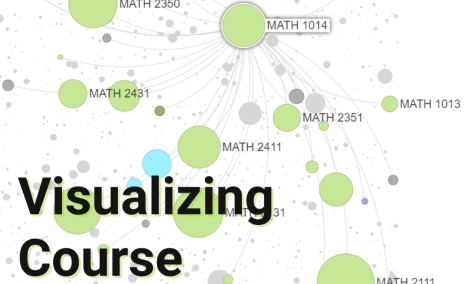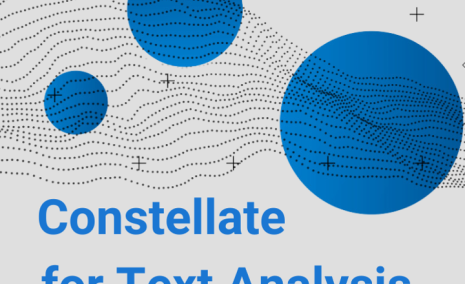Research Bridge
Curious about Marco Polo’s journey in ancient China? Our interactive project in HUMA5630 (Digital Humanities) brings his vivid travel narratives to life with maps, themes, and modern research, offering a unique glimpse into China through a European lens.
Digital HumanitiesGuest Posts












